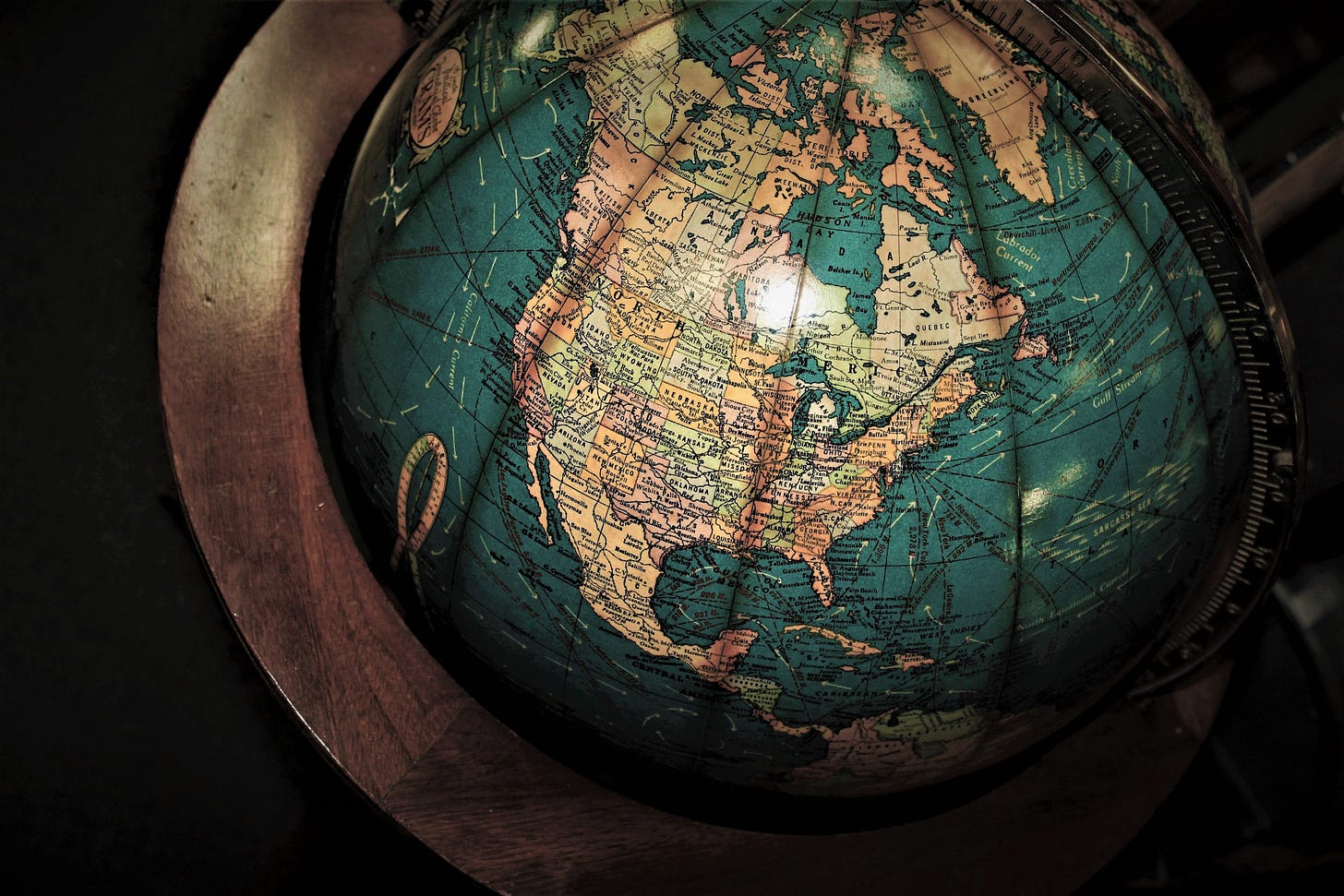The Legacy of Immigration in The Americas
There's one aspect that never fails to captivate me when delving into the history of immigration in the United States, especially from the perspective of those not originally from America. To start, the origin of your ancestry is inconsequential; every individual is a descendant of immigrants. Whether your roots trace back to Europe, Asia, or the Americas - and by the Americas, I mean both North and South America - the narrative of migration and immigration spans tens of thousands of years. Even when the world lacked the geopolitical divisions we recognize as countries today, people traversed regions in pursuit of new homes. The term "immigrant" might not have existed then, but the essence of migration certainly did. Without immigrants, the very concept of nations might not have materialized.
The earliest inhabitants of North America were, and still are, the Indigenous Americans. A prevailing theory posits that they journeyed from what we now identify as Asia, crossing the land bridge called Beringia, or The Bering Land Bridge, during the last ice age. Their dispersion led to diverse settlements - some remained in Alaska, others ventured southward into what is now the United States, and some even further down into South America. Additionally, the Indigenous peoples in Canada are rightfully considered Indigenous Americans, as Canada is an integral part of North America. Consequently, regardless of your European or Asian heritage, the place of your birth owes its existence to your ancestors' migratory and immigrant journeys.

